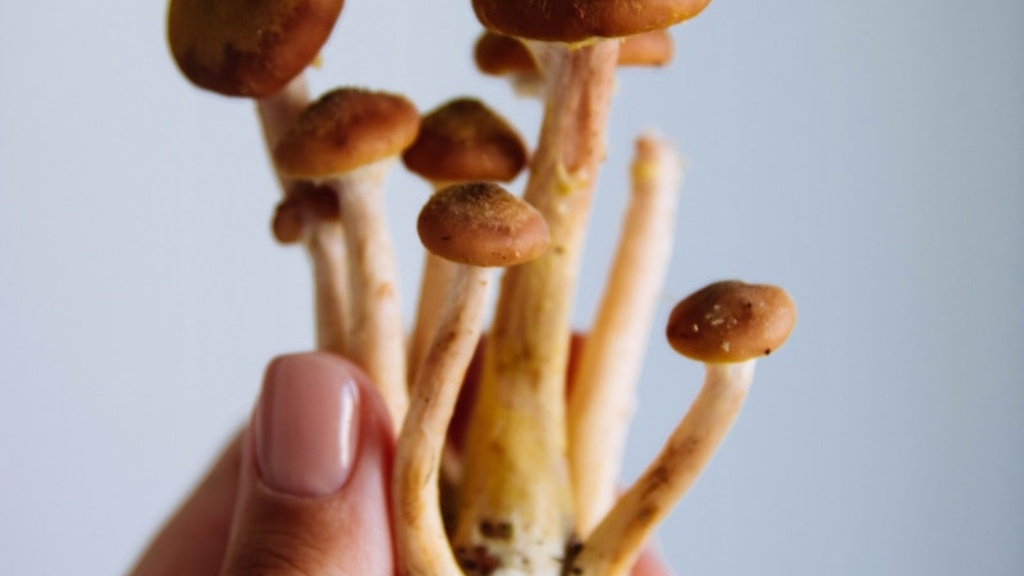Agriculture has played a major role in human survival since the dawn of civilization. As populations grow, so does the reliance on agriculture, but with this increased reliance comes an array of environmental issues, including the contribution to global warming. From deforestation and the release of ozone-depleting substances to the overreliance on energy-intensive chemical fertilizers, the agricultural industry has a major hand in the planet’s warming trend.
For starters, agricultural activities tend to require large amounts of land to be cleared for planting and grazing, which can lead to significant deforestation and the destruction of critical ecosystems. This destruction causes the release of carbon and methane, both of which are greenhouse gases that contribute to Earth’s temperature rise. Additionally, many traditional tilling practices leave soils exposed to the elements, which also leads to carbon dioxide and nitrous oxide emission. As a result, these practices can cause soil erosion, soil nutrient depletion, and overall agricultural productivity decline.
In addition to land transformation, agricultural processes can also contribute to global warming through their reliance on pollutants, such as chemical fertilizers, pesticides, and animal waste. Fertilizers and pesticides, for example, contain nitrogen and phosphorus, both of which can degrade aquatic systems, deplete soil nutrients and facilitate the release of greenhouse gases, including nitrous oxide and methane. Animal waste, which can come from farms that house cows, pigs, and other livestock, often contains methane and nitrous oxide, which can become trapped in Earth’s atmosphere and contribute to global warming.
Despite the above negative implications, there are some agricultural strategies that can help limit global warming. For example, reducing chemical fertilizer inputs and improving soil management practices, such as composting and no-till farming, can reduce carbon emissions and increase soil fertility. Farmers could also take part in carbon sequestration by planting cover crops that absorb carbon dioxide from the air, or they could make use of agricultural biotechnology, such as biochar, to increase crop yields while limiting the use of nitrogen-based fertilizers.
Ultimately, agriculture plays a major role in global warming, but with the help of different agricultural strategies and technologies, it can also be part of the solution. It is up to governments, farmers, and consumers to take proactive steps toward sustainable practices that promote soil health, reduce pollutants,and protect ecosystems.

